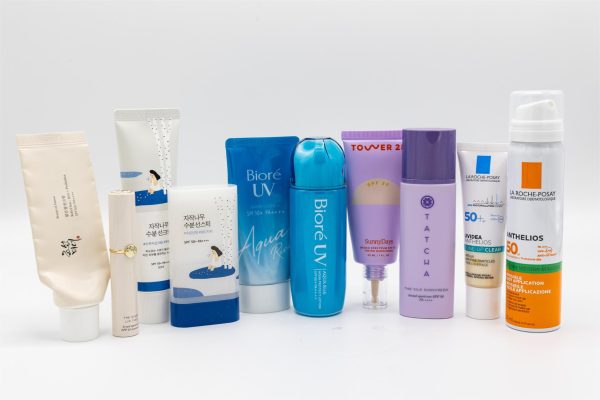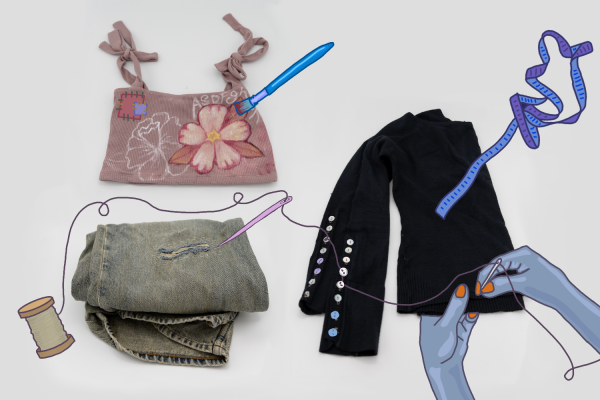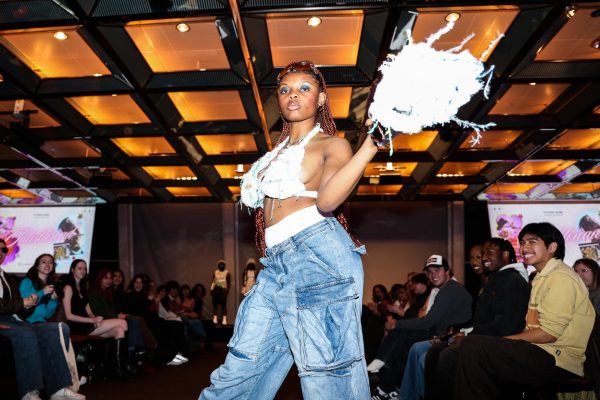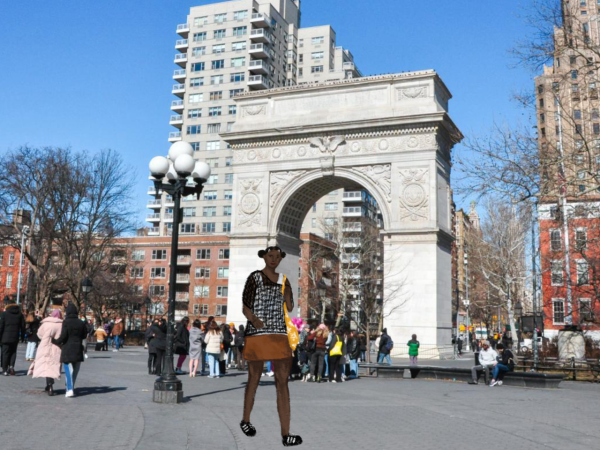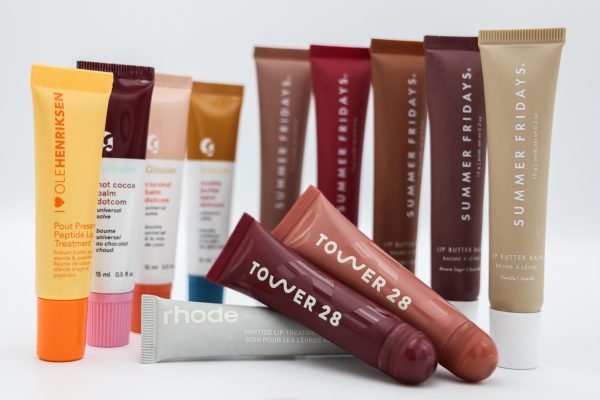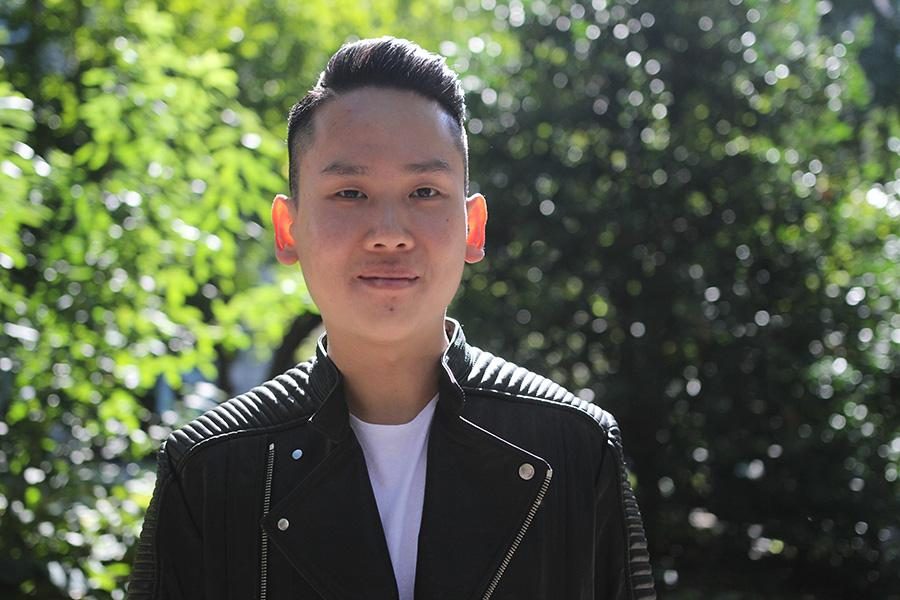Fashion company now pays interns
Related Story
When it comes to fashion internships in New York City, the unfortunate ratio stands 2,000 unpaid to 300 paid internships. With rent, food and the hours expected at work, these unpaid positions are unreasonable. Thankfully, one company is finally changing the status quo.
Louis Vuitton Moët Hennessy is a company that oversees some of the biggest names in fashion, including Céline, Loewe, Kenzo, Givenchy and Emilio Pucci. For the first time ever, every intern at one of those companies is receiving pay for their work this semester.
It is likely this change is a response to the recent scandals concerning interns at competitive companies. The Condé Nast fiasco of paying interns less than $1 per hour and pushing students to work up to 55 hours a week resulted in the end of the internship program altogether at Vogue, GQ, Vanity Fair and W Magazine.
Mistreated interns on “Black Swan” sued Fox Searchlight Pictures, and the National Association of Broadcasters has started paying its interns after “Late Night” was sued.
Before this semester, LVMH would give college credit for hours worked. This trend, which is also used by many other companies, sounds nice on the surface, but actually means that students are paying to work, as well as fees for lunch, transportation and more. As the cost of tuition rises, so too does the cost of working an unpaid internship. And while the pay at some companies is only close to or at minimum wage, this is still a major step in the right direction.
Jonathan Chan, Steinhardt senior and Céline intern, has been greatly affected by the new changes at LVMH. Chan shared his own knowledge on the relationship between a business and its interns, and how receiving payment can influence it.
“If the company is willing to invest in you, the interns are more willing to invest in the company,” Chan said.
Chan’s experience at Céline is also extremely different from what came out in the press over the Condé Nast scandal. He said he works three days a week, from 9 a.m. to 6 p.m.
“Part of being an intern is learning,” Chan said. “If your team needs you to stay late, you stay late. I always get paid overtime.”
In contrast to the lawsuits against Condé Nast, Fox Searchlight Pictures and the NAB, Chan said his own experience has been positive.
“I love working at Céline,” Chan said. “What most people don’t know is that these are very lean teams of three to four people, so I get a lot of hands-on learning experience.”
For the future of the fashion world, and for internships in general, this is a major change. It expedites increased competition for internships that students were already fighting for and also changes the internship culture through increased respect for their companies. For a while, Anne Hathaway’s character in “The Devil Wears Prada” was a pretty accurate depiction of intern life, but LVMH’s decision may be the start of an industry-wide change.
Hopefully, this is the beginning of a trend that the rest of the fashion world will follow — increasing student standards of living, competition and, most of all, talent.
A version of this article appeared in the Wednesday, Oct. 8 print edition. Email Madison Reis [email protected].









































































































































